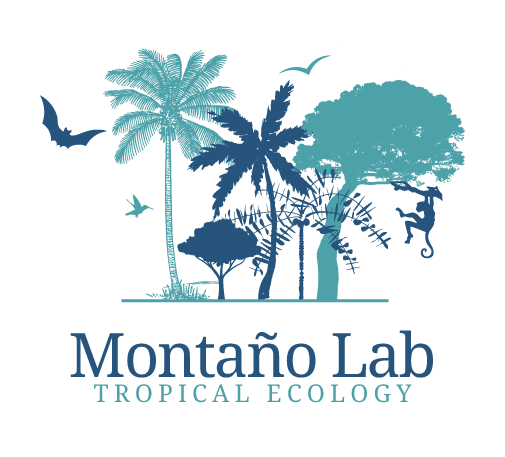We are interested in understanding how and why biodiversity is distributed as it is and how the relative importance of potential drivers (climatic, anthropogenic, etc.) changes across scales in various taxa. Specifically, our research focuses on understanding the processes shaping global, regional and local patterns of taxonomic, functional and phylogenetic diversity. At a global scale, we focused on the drivers of multiple dimensions of bird diversity, primarily raptors. Our ongoing macroeological research is investigating if incorporating metrics of rarity and uniqueness might aid in conservation prioritization. At a regional scale, we are investigating the potential role of climate change on plants assemblages (e.g., understory, nitrogen fixers). At a local scale, we are currently working on two Neotropical urban gradients to test how landscape configuration and urbanization shape bird communities (in Arequipa, Peru) and plant-pollinator interactions (in La Paz).

